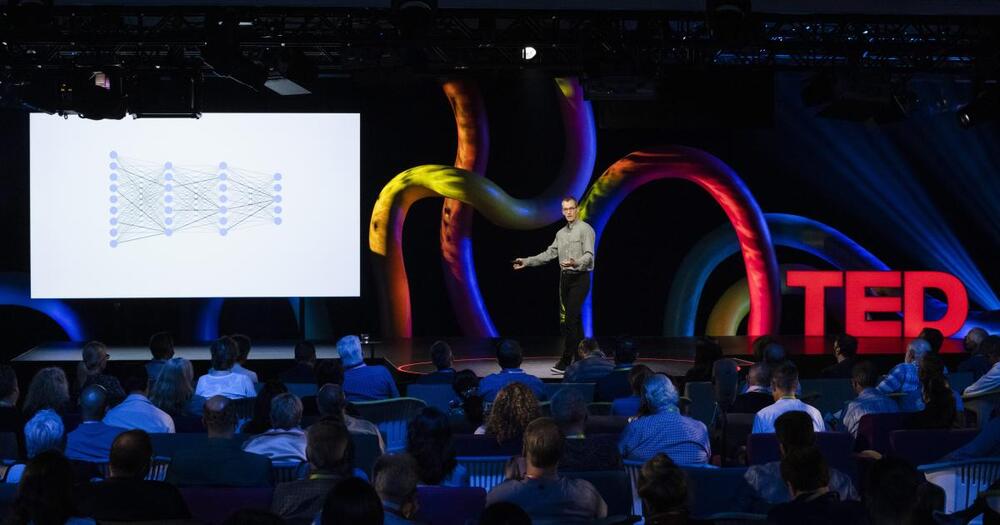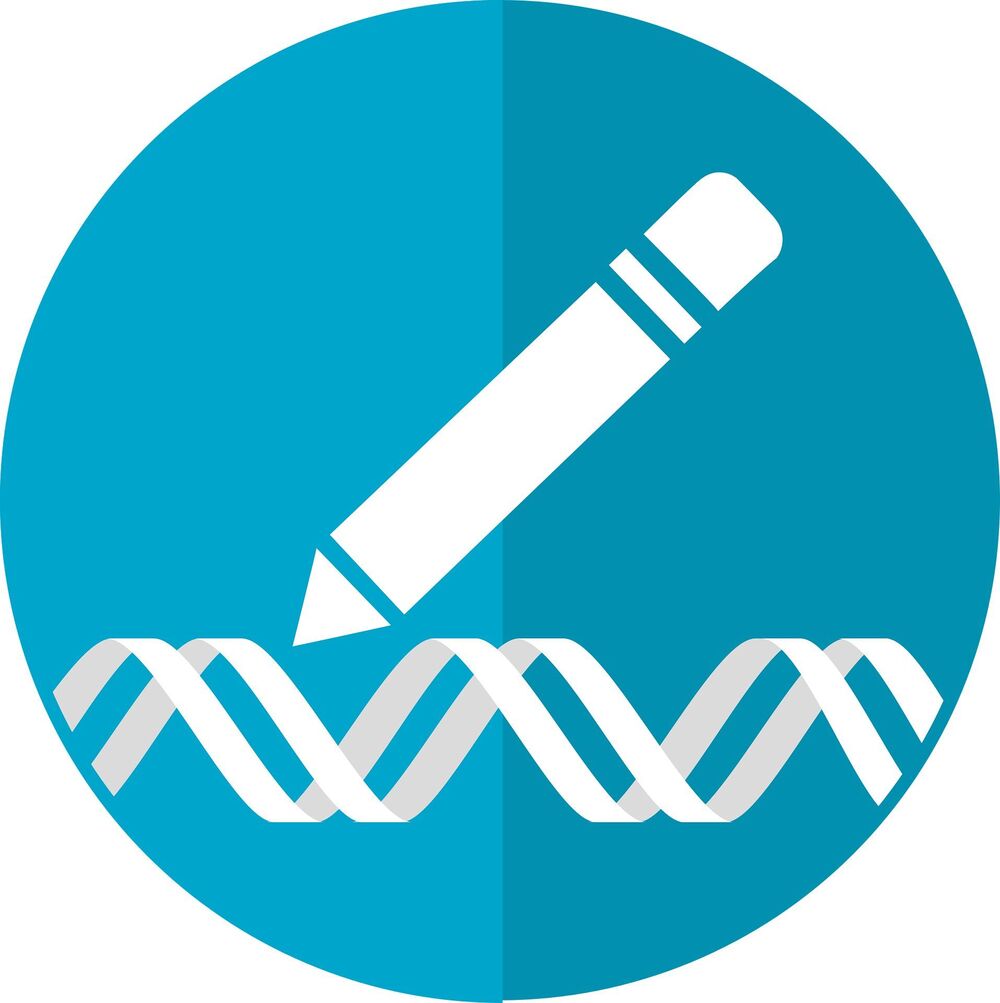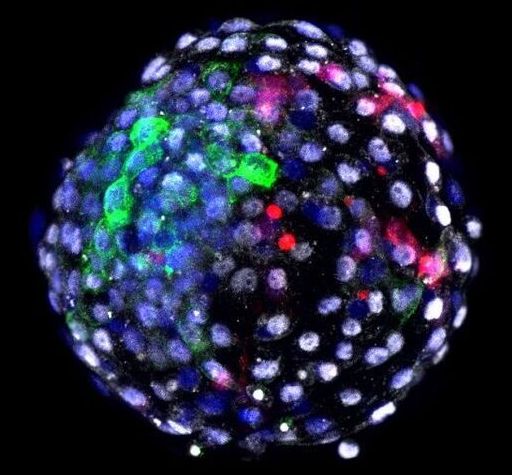Since 1,988 and formation of the Posthuman Movement, and articles by early adopters like Max Moore were a sign our message was being received — although I always argued on various Extropian & Transhuman bulletin boards & Yahoo groups &c that “Trans” was a redundant middle and we should move straight to Posthuman, now armed with the new MVT knowledge (also figures on the CDR). There will be a new edition of World Philosophy, the first this millennium, to coincided with various Posthuman University events later this year. Here is the text:
THE EXTROPIAN PRINCIPLES V. 2.01 August 7 1992.
Max More Executive Director, Extropy Institute.
1. BOUNDLESS EXPANSION — Seeking more intelligence, wisdom, and.
personal power, an unlimited lifespan, and removal of natural, social.
biological, and psychological limits to self-actualization and self-realization. Overcoming limits on our personal and social.
progress and possibilities. Expansion into the universe and infinite existence.
2. SELF-TRANSFORMATION — A commitment to continual moral.
intellectual, and physical self-improvement, using reason and critical.
thinking, personal responsibility, and experimentation. Biological and.
neurological augmentation.
3. INTELLIGENT TECHNOLOGY — Applying science and technology to.
transcend “natural” limits imposed by our biological heritage and environment.
4. SPONTANEOUS ORDER — Promotion of decentralized, voluntaristic.








